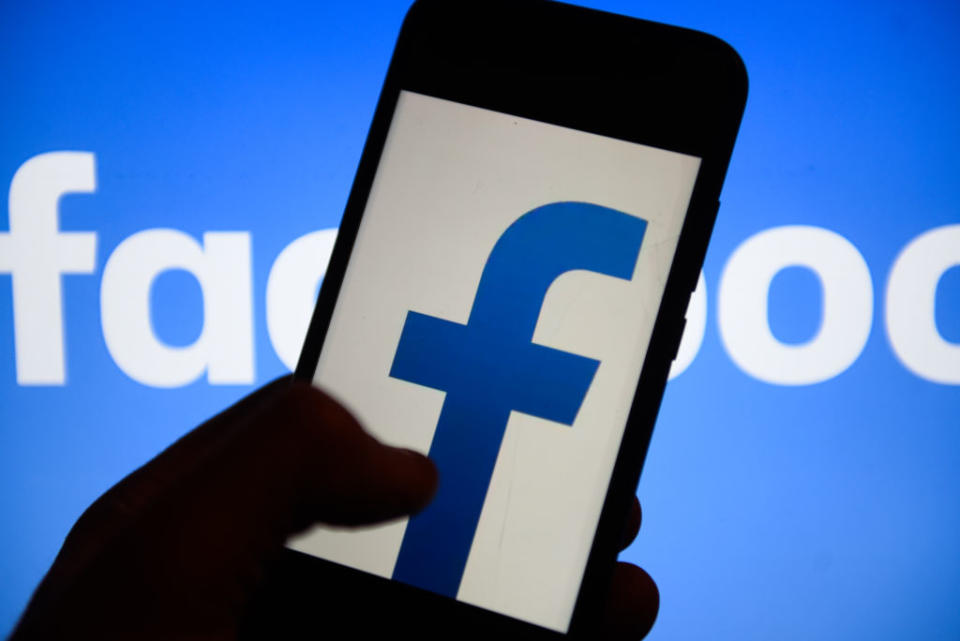Facebook and Whatsapp can't be deleted from many smartphones

Facebook has reportedly signed deals with smartphone manufacturers so that its app cannot be removed from handsets.
Messaging tool Whatsapp, owned by Facebook, is another app that cannot be removed from many Android phones, such as Samsung, Huawei and LG.
Both apps can be “disabled” but there is no way to actually delete the software on the affected phones, all because of deals that Facebook signed with hardware manufacturers like Samsung, as first reported by Bloomberg.
Facebook Australia and LG Australia declined to comment. Yahoo Finance also contacted Samsung Australia for comment.
Software pre-installed on a phone or computer that is not necessary for basic functionality is derisively labelled “bloatware” by the computing community. Such apps, especially when they can’t be removed, may unnecessarily take up resources or collect personal data.
Facebook is far from the first tech firm to arrange pre-installation. Lenovo was caught up in a scandal about its potentially harmful bloatware in 2015, while two decades ago Microsoft faced accusations of anti-competitive behaviour for bundling Internet Explorer on Windows.
The latest revelation about the Facebook app comes just a week after Privacy International’s report that the company tracks smartphone users that don’t even have an account on the social media platform.
The organisation, through testing last year, found that a range of partner apps send personal information back to Facebook regardless of whether the phone user has an account.
When all the data is put together, “a fine-grained and intimate picture” of the phone owner can potentially be constructed — including health or religion.
“For example, an individual who has installed the following apps that we have tested, ‘Qibla Connect’ (a Muslim prayer app), ‘Period Tracker Clue’ (a period tracker), ‘Indeed’ (a job search app), ‘My Talking Tom’ (a children’s’ app), could be potentially profiled as likely female, likely Muslim, likely job seeker, likely parent,” the report said.
Last year Facebook faced public scrutiny for allowing data firm Cambridge Analytica to allegedly harvest personal information of social media users then use it on behalf of political clients to sway the US 2016 presidential election and the UK Brexit referendum.
Cambridge Analytica closed down after the scandal.
Make your money work with Yahoo Finance’s daily newsletter. Sign up here and stay on top of the latest money, news and tech news.
Now read: Watch – the ‘rollable’ televisions that disappear
Now read: Thousands of Australians’ privacy breached – have you been affected?
Now read: Labor’s proposed negative gearing reforms given green light by major consulting firm

 Yahoo Finance
Yahoo Finance 